QuestionHello my questions are that i have 4 birds (3 parakeets and a cockatail) for the past days i heard sneezing sounds and there is alot of scratching and feather preening going around is this normal? 2 of the parakeets i reccently bought like 2 days ago have the same behavior only 1 of them dont do much she stands there and moves only to eat and drink, preen, groom the other parakeet, and tries to sleep often. Any suggestion and how much you think a cost to the vet for all of them would cost? I taken the liberty to monitor my birds and i came with these responses. I notice that the tail is twitching possibly whn they breath i dont know if this is normal behavior, there was the ocasional sneeze (2 sneezes), 2 of the parakeets are scratching each other and kissing, they all ate (my cocatiel eats alot), sleepiness in the new parakeets, yawning occcurs, they often streatch the wings. The new parakeets will sometimes play with toys sometimes the cockateil will too the original parakeet will play to ocaisionally (but not often). The 2 new parakeet would nibble lovingly on each other neck and wing area affectionally. They preen and scratch alot.
AnswerHi, Kayman. Thanks for posting.
It's up to you whether you take your parrots to the bird vet or not, but from your post, I don't think there's anything abnormal going on with your birds.
Birds sneeze whenever they get something in their nostrils that shouldn't be there, just like we do, and/or perhaps when their nostrils are too dry. If you live in a dry climate and/or a climate where it's winter time right now and the air is dry, you might need to use a humidifier to add some moisture to the bird room (or somehow increase the humidity in the room). This should also alleviate scratching (perhaps their skin is dry from lack of moisture in the air).
Parrots should spend a majority of their time each day preening and caring for their feathers. This is completely natural, since their feathers play a very important part in their survival (ability to keep warm, fly when necessary, etc.).
Some tail bobbing is normal when breathing, but if the tail bobbing is excessive/constant and the bird also appears to be in distress otherwise, this could indicate a respiratory problem. However, with a respiratory problem, you might also see fluid around the nostrils, open-mouth breathing, i.e., there should be other signs of illness, such as sitting on the bottom of the cage, weight loss, no eating/drinking, sitting all puffed up when not sleeping, etc. Keets/tiels sleep off and on all day, so this is not abnormal. They are usually most active in the mornings and evenings during feeding times, and cat nap off/on the rest of the day (when they aren't playing, aggravating each other, etc.). Yawning and stretching wings are also normal behavior (similar to why we yawn and stretch).
In summary and in my opinion, your parrots appear to be acting normally, based on the information you supplied in your post. The kissing that your mention is called "beaking" and is a way that parakeets acknowledge each other...a form of communication between them. If they feed each other, this is a sign that the birds have bonded to each other, as in a bonded-pair (for breeding purposes).
Vet costs vary, depending on what the vet does/finds during the visit. There's usually a basic charge for an office call, and then costs are added depending on if the vet performs cloacal/cloanal swabs, blood tests, etc. Therefore, it's hard for me to estimate the cost you would be charged and some vets offer discounts for breeders or people who care for more than 1 bird at a time.
One of the worst things a person can do is take a healthy parrot to the vet, where all the sick birds (and other animals) are. I'm not trying to dissuade you from taking them to the vet if you think it's necessary or for your own peace of mind, but if you do, minimize the amount of time you keep your parrots in the vet office. In other words, keep your birds in your vehicle until the vet is ready to see them, and then take them directly into the exam room. After the exam, take them directly to your vehicle and then come back to settle up your bill. Thoroughly wash your hands before handling your birds once you return home.
If you have additional questions, please come back. Thanks.
Chrys

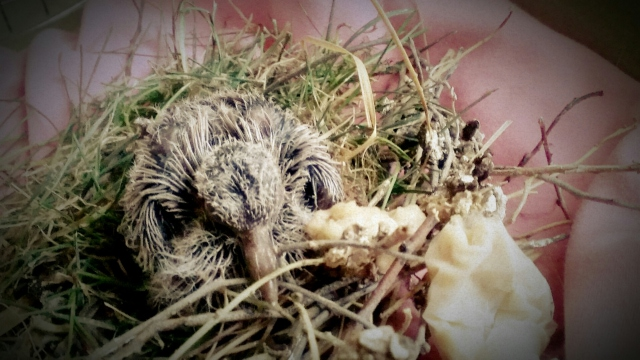 Baby Dove Care
Question
Baby Bird 1 Baby Bird 2
Hello, to
Baby Dove Care
Question
Baby Bird 1 Baby Bird 2
Hello, to
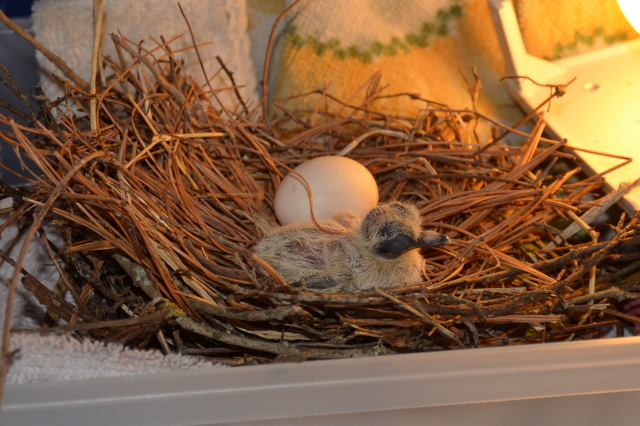 mourning dove
Question
baby mourning dove
Hello,
My boys found a baby
mourning dove
Question
baby mourning dove
Hello,
My boys found a baby
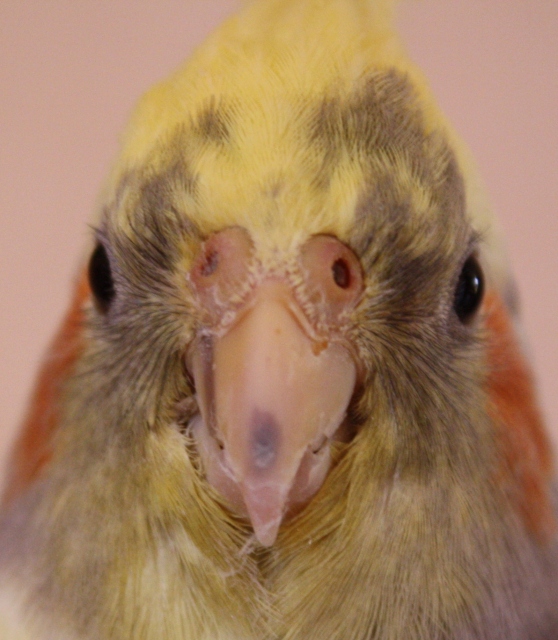 Bruise-like discoloration of beak (Cockatiel)
QuestionSasha
QUESTION: Our Cockatiel has develo
Bruise-like discoloration of beak (Cockatiel)
QuestionSasha
QUESTION: Our Cockatiel has develo
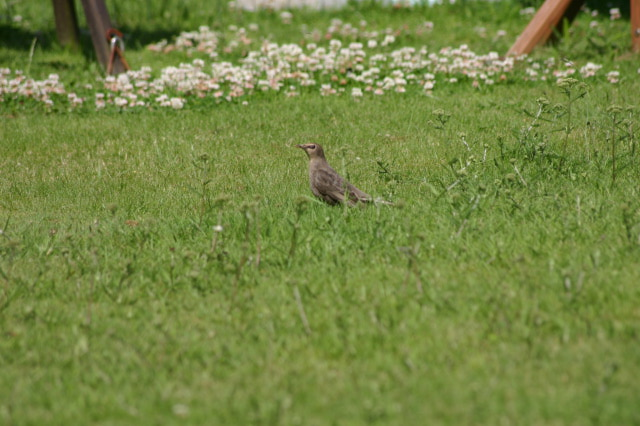 Identification of a bird
Question
Bird name
Please can you advise what th
Identification of a bird
Question
Bird name
Please can you advise what th
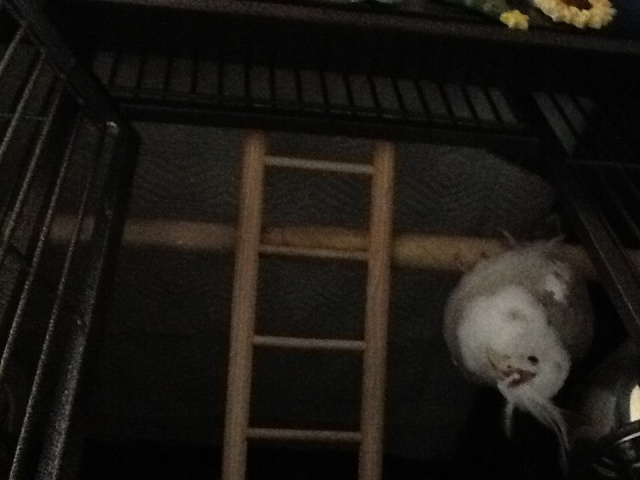 White faced cockatiel injury
Question
cockatiel injury
My 8 year old cockatie
White faced cockatiel injury
Question
cockatiel injury
My 8 year old cockatie